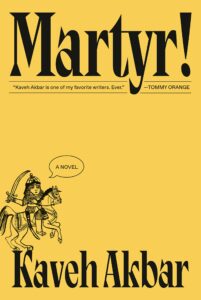Arash Shirazi
by testsuphomeAdminIn “Arash Shirazi,” set in Khuzestan, Iran, in May 1985, the narrator reflects on the idea that in every platoon, like Arman, there exists a figure akin to himself—a person devoted to maintaining a sense of hope and spirituality amidst the ravages of war. He describes himself as that individual, adorned in a long black robe, riding a dark horse named Badbadak, symbolizing an angel of light. The black robe conceals a soldier’s uniform, and the narrator carries a flashlight under a hood, illuminating his face as if he were shrouded in a divine glow. This angelic figure rides through the battlefield, providing a glimpse of comfort to the dying soldiers.
Arman emphasizes the importance of preserving the souls of these men, guiding them toward Jannah with a conviction rooted in compassion rather than fear. The narrator recounts Arman’s retelling of a hadith about a dying soldier who, in his despair, took his own life rather than endure suffering, ultimately being turned away from Jannah by the Prophet Muhammad. This story underscores Arman’s belief that true strength lies in enduring pain with dignity.
Throughout the brutal realities of battle, many soldiers—some barely more than boys—carry the keys to heaven around their necks. As the narrator rides alongside these fallen men, he strives to instill in them the courage to face their mortality. His purpose is not for glory or personal redemption; rather, he dons this angelic guise for the sake of the dying, commanding a presence of hope when faced with impending death.
Despite not having the same faith as Arman, the narrator feels compelled to fulfill his role; he believes in the importance of intention in his actions. He carries a sword, reminiscent of Hazrat Ali’s Zulfiqar, which he must keep drawn to reflect its twin-fanged blade’s beauty in the moonlight, furthering his identity as an angelic figure among the dying.
The urgency of war manifests through the soldiers’ desperate calls for water, representing their thirst both literal and metaphorical. As the narrator confronts this reality, he grapples with the absurdity of his existence—dressed as an angel, riding his horse while surrounded by the dying. He recalls a market scene with Mira, his romantic interest, contrasting it with the haunting landscape of suffering and death he now inhabits. His mission is not just to instill hope but to be an embodiment of faith and resilience in the face of unimaginable tragedy.



0 Comments